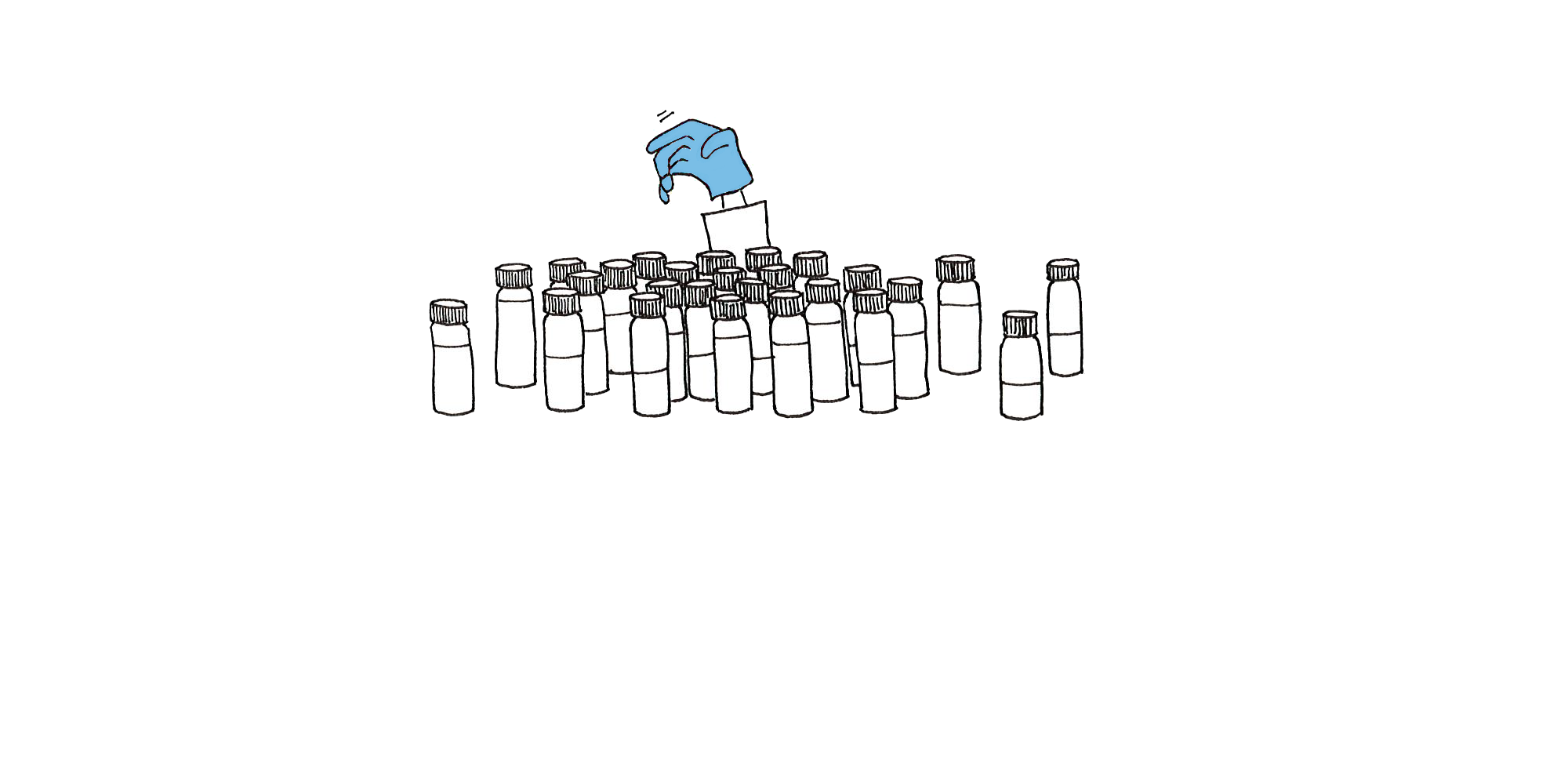So, I am back from my weekend and my latest episode of culture shock.
When I was coming to Finland, I hadn’t taken the culture shock phenomenon very seriously (unfortunately, it wasn’t so the other way around). I mean, I already was aware that there’d be cultural differences, and that (duh) I’d had to adapt. Nobody said it is going to be easy but how hard can it get, still? I had been reading up on life in Finland, so I was mentally prepared and pretty excited to move here and experience it.
And that, dear reader, is what you call the gap between theory and practice.
I vividly remember when I first discovered I was in a state of culture shock: It was a moment of disbelief and enlightenment (if you can call it that). In fact, for this first time, I covered the distance between being-miserable to being-awestruck within 5 minutes (once I realized I was actually going through culture shock – I’d never really thought it was real).
I have found that with things like culture shock, it is very important to know what you are going through. This fact arms you with a very useful piece of information, and if you’d like to think of yourself as an experimental subject – a guinea pig in a lab, a hamster in a cage – it can turn your experience extremely entertaining (in retrospect, of course. It is quite stupid how the smallest of things can sometimes send you off into one).
They say there are four stages of culture shock:
The first one is your very excited, super-smooth, what-culture-shock-excuse-me stage. Everything is so… normal. After all, we are all people, and people, more or less, work the same way, right? You have unlocked the secret of adapting anywhere, this is just so simple.
The next one is the actual culture shock, I-don’t-know-what-I-was-thinking-(with-an-exclamation-mark) phase. This is when you suddenly realize that the place and the culture you live in now has a new normal, which is not at all what you have been thinking of “normal” all your life. Which makes you revisit all the other definitions that you had so far assumed about life. Which makes you realize that you weren’t on the same page when they said culture differences on the internet. Which is now the beginning of your culture shock, congratulations for making it this far.
After this, there should be two more stages to go, but I wouldn’t know about those – haven’t reached there yet. They should come when after repeated iterations, you have successfully reset your data to accommodate all alternative protocols that you will now need to survive in this new culture.
If you ever come across this state of mind, and are able to see it for what it truly is, your first instinct might be to close up and draw back. That is the easiest and the instinctive thing to do about it: to let it blow over.
Only, it won’t – this is a recipe for more-culture-shock. Because eventually, you will need to make contact, whether in two months or two years. So you have two options: close up or get it over with. Though this can become a problem when you don’t know how to make contact (culture shock might take away some of your social abilities and/or creative powers to deal with culture shock).
The situation will likely yo-yo for some time. So when you are in the shock phase, it helps to take into account why you had overestimated your cultural understanding and overall sensitivity to your new environment: in simple words, you had probably been expecting something that didn’t turn out quite the way you thought it would.
But then, one day, you’ll wake up and find out, heyy! no culture shock anymore! Beware, this is a lie. Never assume it is over, the sneaky little thing is probably just hiding behind your curtain. But this peek-a-boo phase is perfect for pushing yourself a little more into the culture, forming a support network, and finding out activities that you can do around.
And then there are a lot of other tiny things that can help, like blogging about it, talking to a trusted friend, taking up sports or hobbies.
They say there’s this thing then called reverse culture shock. I thought it was a figment of someone’s imagination but now I think I am changing my mind about it.
